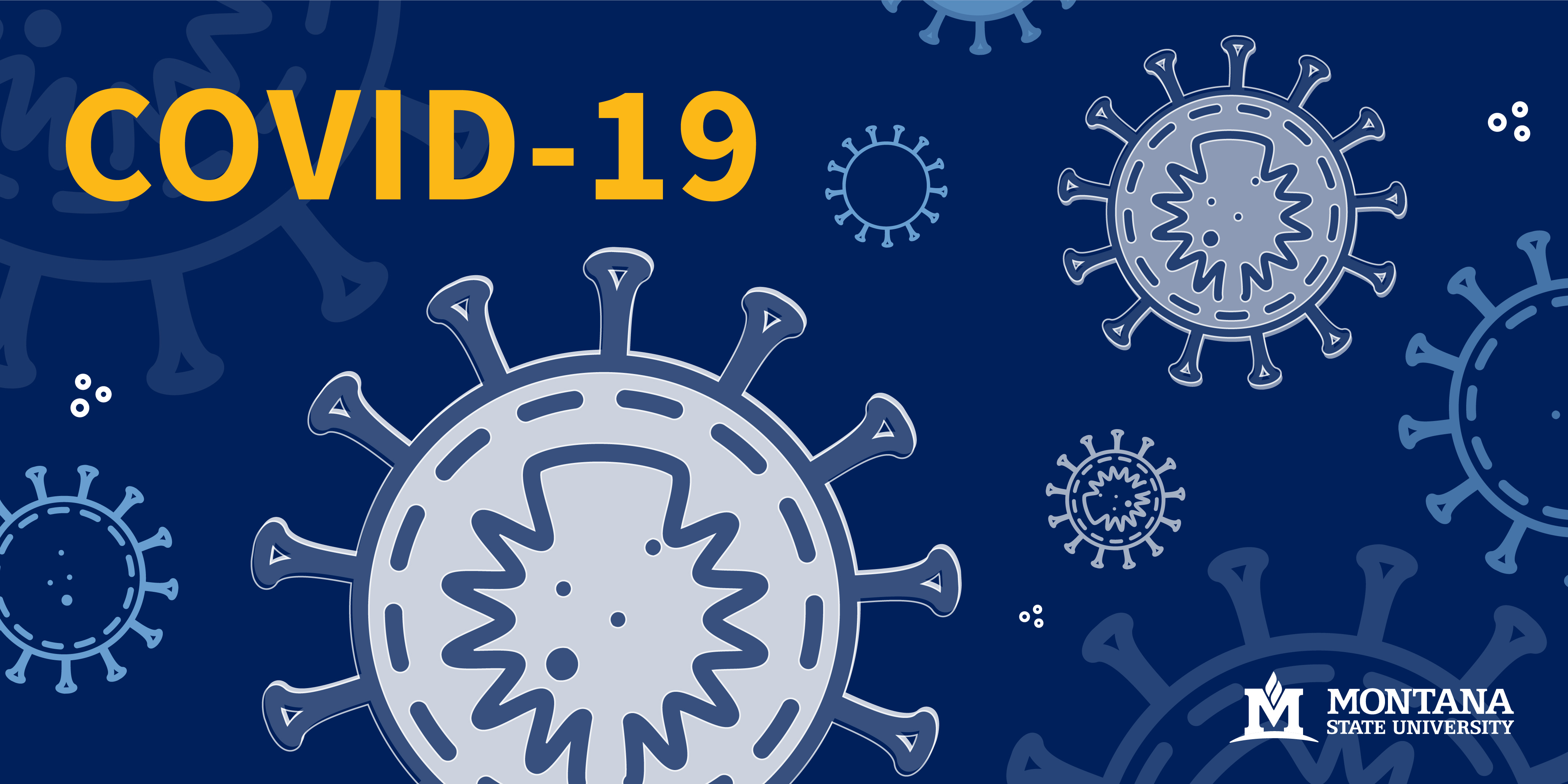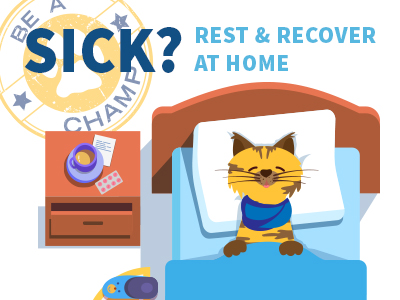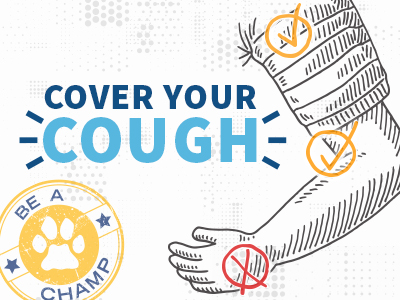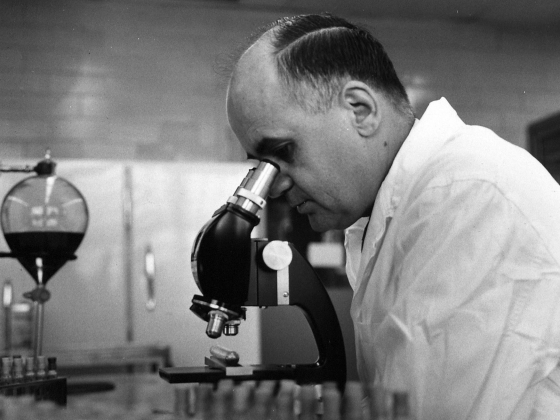Prevention

We can all help slow the spread of COVID-19 by adjusting our habits and taking simple steps to protect ourselves and others. Here are things you can do today to make a difference in our community.
Wear a face mask or face covering
The virus can easily spread between people who are in close proximity to each other — speaking, coughing or sneezing — even if those people are not showing symptoms. Wearing a cloth face covering in public settings where social distancing isn't practical can help slow the spread. Learn more.

Practice social distancing
When people are close together, germs can spread more easily. So avoid close contact and stay 6 feet away from others as much as possible. Social distancing will help slow the spread of the virus in the community and is especially important for protecting people who are at higher risk of getting sick.
Wash your hands often
Wash your hands with soap and water for at least 20 seconds, especially after you've been in a public place or after blowing your nose, coughing or sneezing. The CDC has great guidance on the how and why, including the science behind hand washing. If soap and water are not readily available, use a hand sanitzer that contains at least 60% alcohol. Cover all surfaces of your hands and rub them together until they feel dry.
If you're sick, stay home
A sure fire way to prevent illness is to avoid being exposed to the virus — and to avoid exposing others. Learn the symptoms of COVID-19 and check yourself for them regularly. If you're sick, stay home from work or class and seek appropriate medical care. Call 911 if you have a medical emergency. As an additional step, you can minimize the trips you take to public places, like the grocery store, and wear a mask when you go out to add another layer of protection.
Avoid touching your face
Keep your hands away from your eyes, nose, and mouth. Touching the mucous membranes on your face with unwashed dirty hands allows germs to enter the body.

Sneeze or cough into a tissue or your elbow
Cover your mouth and nose with a tissue when you cough or sneeze. (If you don't have a tissue, cough or sneeze into the inside of your elbow.) Throw away your tissues in the trash. Immedaitely wash your hands with soap and water for 20 seconds.
Disinfect items and surfaces you use frequently
Clean and disinfect frequently touched surfaces daily. This includes tables, doorknobs, light switches, countertops, handles, desks, phones, keyboards, toilets, faucets and sinks. Use detergent or soap and water prior to disinfection. Students, staff and faculty at MSU this fall will each recieve a Clean 'Cat Kit with the tools to them them disinfect the surfaces they commonly use each day. Find out more about the kits.
---
Slowing the spread of COVID-19 requires each of us to take responsibility for protecing ourselves and the most vulnerable in our community, such as the elderly and those with underlying health conditions, as well as lessening the burden on the doctors, nurses and essential staff who are already on the front lines.
It will take some patience and working together, but Bobcats look out for each other and for our community.
You got this, Bobcats!
Did you know...

Montana State University alumnus Maurice Hilleman is credited with saving millions of lives through his work in vaccine development.
Born in 1919 in Miles City, he was raised on the family farm and was on track to start a career at the local J.C. Penney store when a scholarship brought him to MSU. He graduated at the top of his class in 1941 and went on to the University of Chicago and eventually to the laboratories of the Walter Reed Army Institute of Research and Merck Pharmaceutical, where he was responsible for creating and producing vaccines that would shape modern health care and save millions around the world.
